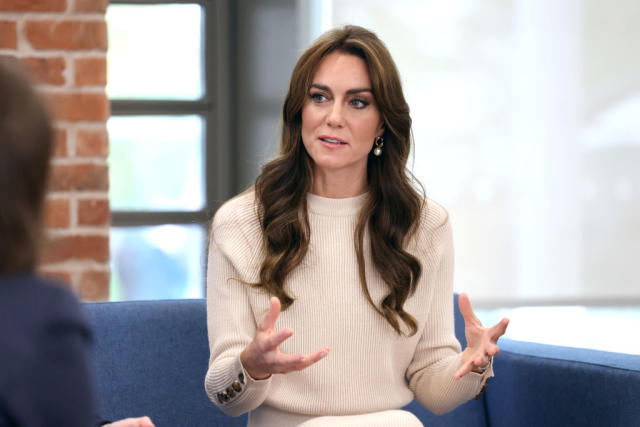Prince Harry has been granted permission to appeal against the rejection of his legal challenge regarding the British government’s decision not to provide him with round-the-clock police protection, unlike other senior members of the royal family.
The initial ruling denying Harry personal security was made in February 2020, following his decision to step back from his royal duties.
Since then, Harry has been pursuing this case, while his legal team continues to profit from the ongoing legal battle.
In February 2024, the High Court ruled against Harry, ordering him to cover 90% of the Home Office’s expenses related to defending the case.
Notably, taxpayer funds were utilized by the Home Office to counter Harry’s claims.
Despite the unfavorable outcome, Harry remains determined to challenge the decision, prompting speculation about his motives behind persisting with the lawsuit.
One theory suggests that Harry’s appeal is motivated by the potential implications of the previous court ruling on security measures during his and Meghan Markle‘s future non-official royal tours.
By pushing for full security coverage paid for by host countries, Harry aims to secure protection for himself and his wife without bearing the financial burden, portraying them as entitled individuals exploiting public resources for personal gain.
The recent controversy surrounding Harry and Meghan’s visit to Nigeria exemplifies the criticism they face for allegedly prioritizing their own security over the welfare of local communities.
Following the couple’s trip, which drew attention for its non-royal nature, Nigeria experienced labor strikes and disruptions due to grievances over government policies, raising concerns about misplaced priorities and resource allocation.
Critics condemn Harry and Meghan as opportunistic figures who exploit their royal status for personal benefit, disregarding the impact of their actions on others.
The ongoing legal battle for enhanced security measures reflects a broader pattern of behavior where the couple is perceived as seeking privileges at the expense of taxpayers and governmental resources, fueling public outrage and skepticism towards their intentions.
The decision to grant Harry an appeal in his security case has raised questions about the integrity of the judicial process, with speculations about potential influences on the legal proceedings.
Contrasting opinions exist regarding the fairness of the appeal, especially considering the initial ruling against Harry and the subsequent reversal by Justice David Bean, who cited procedural irregularities as grounds for reconsideration.
As discussions continue about the implications of Harry’s legal battle and its broader significance, public opinion remains divided on the motivations driving his pursuit of increased security measures.
The controversy surrounding Harry and Meghan’s actions underscores deeper concerns about accountability, transparency, and ethical conduct among public figures, prompting calls for greater scrutiny and accountability in their engagements.
The ongoing saga of Prince Harry‘s quest for enhanced security provisions highlights the complexities of balancing personal entitlement with public responsibilities, raising fundamental questions about the role of privilege and accountability in contemporary society.
Amidst the debate surrounding Harry and Meghan’s actions, the need for ethical leadership and responsible stewardship of resources emerges as a pressing concern for addressing societal challenges and upholding public trust.
Related Stories

